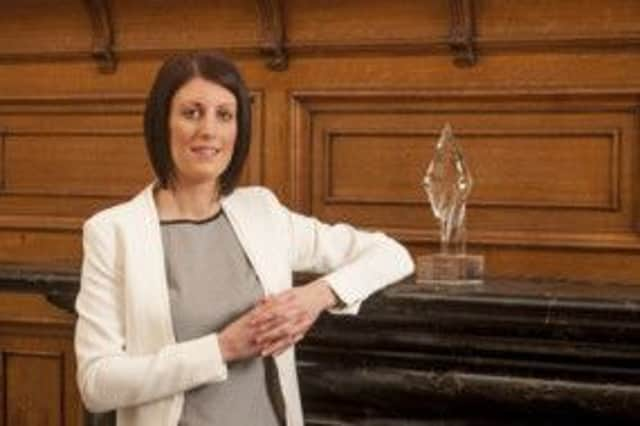Sustainability not all about the headlines


As a business person you quickly read the heading and think “Another article by some amateur climate geek” and then decide to read something else, although an article that mentions profit nine times must be worth reading. Business sustainability is not only about the environment but also about People and Profit. Yes Profit. I now hope I have your interest. A report released in September 2014 by CDP, an international, organization supplying vital environmental information, provided evidence of a link between business leadership on climate change and an organisation’s profitability. Organisations that actively include climate change in their strategic planning deliver an 18 per cent higher return on investment than those that don’t. This helps answer the question that we consistently get from business leaders everywhere “What difference does Corporate Social Responsibility (CSR) or sustainability make to my bottom line?”
Sustainability should be treated like any business priority, with actual, realistic metrics that can be measured and considered.
Advertisement
Hide AdAdvertisement
Hide AdOne of the key characteristics of a sustainable business is the concept of the Triple Top Line. In effect there are three components of a sustainable business. The three Ps – Profit, People and Planet. With Scotland looking for economic growth, profitable businesses are an essential. First Minister Nicola Sturgeon has said she is “more determined than ever” to create a Scotland fair for all. Business can help with social justice and equalities at the centre of people policies. By being a sustainable business we all win.
The results for the recent 2015 index on the top Global 100 Most Sustainable Corporations in the World, found that the exemplars in the UK were Reckitt Benckiser (7), Centrica (8), Marks and Spencer (16) and Unilever (22).
This sustainability agenda is becoming increasingly relevant to more of us. Businesses are now considering the current and future impact of all of their CSR and sustainability activities. They are motivated by the challenge as by the opportunities sustainability offers for enhancing the work experience.
Businesses and organisations see this as part of a long term, strategic approach to align sustainability with other key agendas of employability, business development and local engagement and the ones who embrace the concept are continually striving towards a process of continuous improvement in sustainable excellence.
Today, being a sustainable organisation accounts for much more than a few piecemeal “environmental impact” statements at the foot of a website. Today’s “excellent” organisations take sustainability to the heart of its operations and will passionately evangelise about the fundamental concepts of having robust Corporate Social Responsibility strategies in place with tangible “outcomes” of the work it has carried out to prove the delivery on its promises.
How would your organisation fair in sustainable excellence? To start you need to know where you are, establish a baseline. There are a number of toolkits and sustainable excellence assessment products in the marketplace including the new European Committed to Sustainability assessment developed by a number of major European corporates along with EFQM and the United Nations Global Compact.
The UN Global Compact was established in 2000 to recognise the role business can play in supporting the broader goals of the United Nations. This new assessment is based on four Ps adding Products to the already well-recognised three Ps.
It has been found that brands that build sustainability into their offer are more appealing to consumers. A survey two years ago of 18 to 32-year-olds found that 71 per cent want brands to be environmentally friendly and ethical and 61 per cent want them to connect with a cause or social issue. A case for future profit, building on sustainability.
Advertisement
Hide AdAdvertisement
Hide AdWe are all accountable for our future and have a special role and responsibility in confronting a plethora of sustainability challenges.
This is not for governments to legislate on. This is about our own environments and what we can do to achieve a better sustainable way of “can do” thinking through our daily lives to make the environment around us a much better place to operate within.
• Claire Ford is chief executive Officer at Quality Scotland.